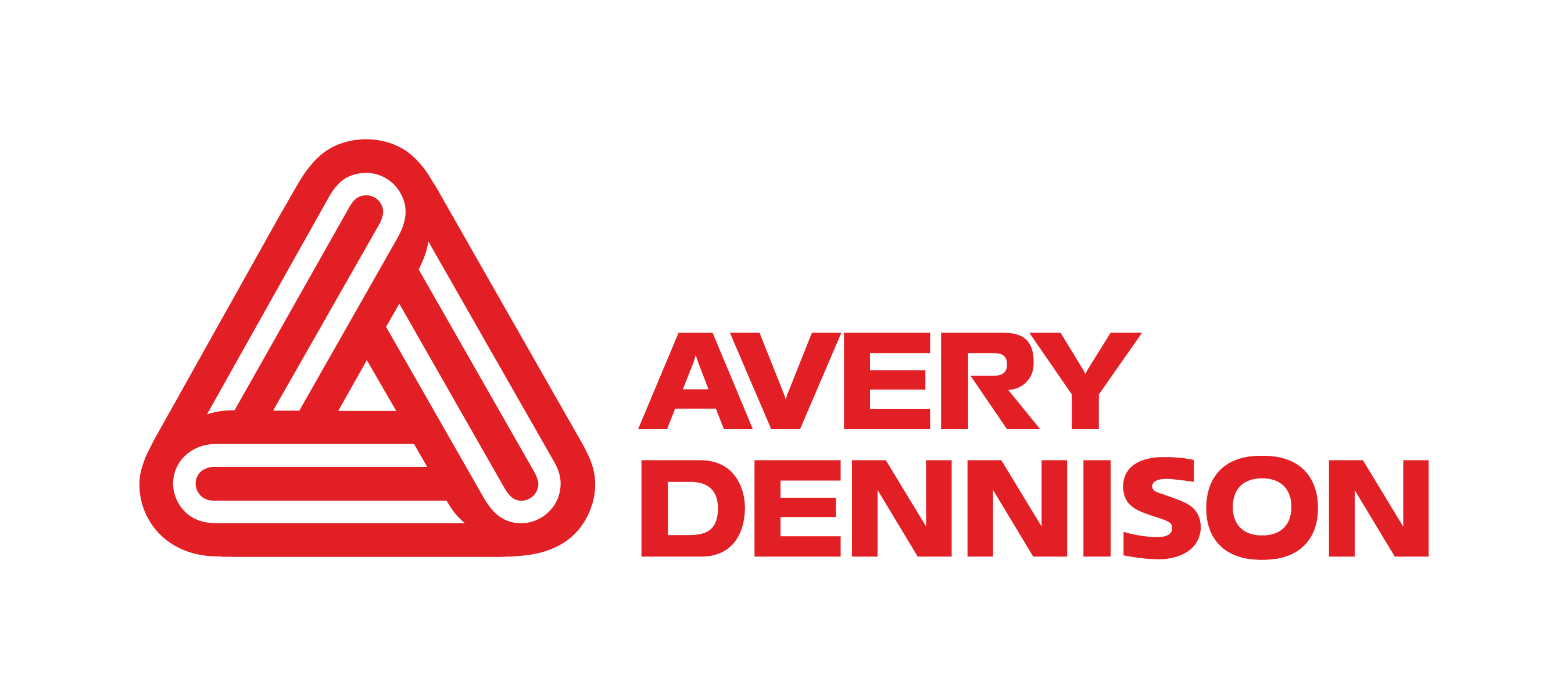Innovating while preserving reliability
A unique aspect of automotive is how long products remain in use. Many label constructions stay on the market for decades because customers value proven performance and stability. At the same time, there’s constant pressure to innovate and solve new challenges.
A big part of my job is finding that balance. I work closely with our application labs, development teams and global innovation centers to translate market needs into real solutions. Sometimes that means tweaking an existing product through our Mix & Match platform and other times, it’s about developing completely new technologies.
We’re seeing growing interest in films and labels with added functionalities — whether it’s flame retardant properties, protective barriers or security features. As vehicles become more electrified and connected, the burden on materials keeps rising. Customers are asking more from materials than ever before, and rightly so. It’s not enough for a label to simply stick anymore.
Compliance is always part of the conversation as well. Everything we develop has to meet strict regulations and fit into complex manufacturing processes. Because at the end of the day, our customers rely on us not only for materials but for guidance on how those materials will perform in real-world applications. Being a trusted partner means thinking five steps ahead, and that’s a challenge I really enjoy.
The future: sustainability and smart technologies
Sustainability is a major shift in how the automotive industry operates. Customers want recycled materials and solutions that reduce environmental impact. But they also expect the same performance as traditional products. That’s why innovations like rPET are so important. They help bridge the gap between sustainability goals and practical requirements on the production line.
Another area evolving quickly is digitalization. A few years ago, RFID was more of a future concept in automotive. Now, OEMs are actively exploring how it can improve inventory management, track parts throughout production or even support new business models.
I’m collaborating closely with our RFID experts to integrate this technology into automotive applications. It’s exciting to see how something as small as a label can contribute to a smarter, more efficient manufacturing process. Whether it’s tracking components, improving quality control or enabling digital product passports, RFID has the potential to change how automotive supply chains operate.
Growing through connection and learning
Working at Avery Dennison has been the perfect environment for me to keep learning and pushing forward. I value the openness here. People are encouraged to share their perspectives, take ownership and challenge themselves. Even if you’re new to a topic, there’s support to help you grow and contribute.
At the same time, I’m always keen to connect more with customers and end users, to listen to their needs and bring those insights back into our product development. For me, the real measure of success is when we see our work make life easier for customers and when the innovations we’ve developed actually solve the problems they’ve been wrestling with.
Change is inevitable in this industry. But with the right people, the right mindset and a focus on solving real problems, it’s possible to not only keep up but stay ahead. That’s what makes my job so fulfilling.



